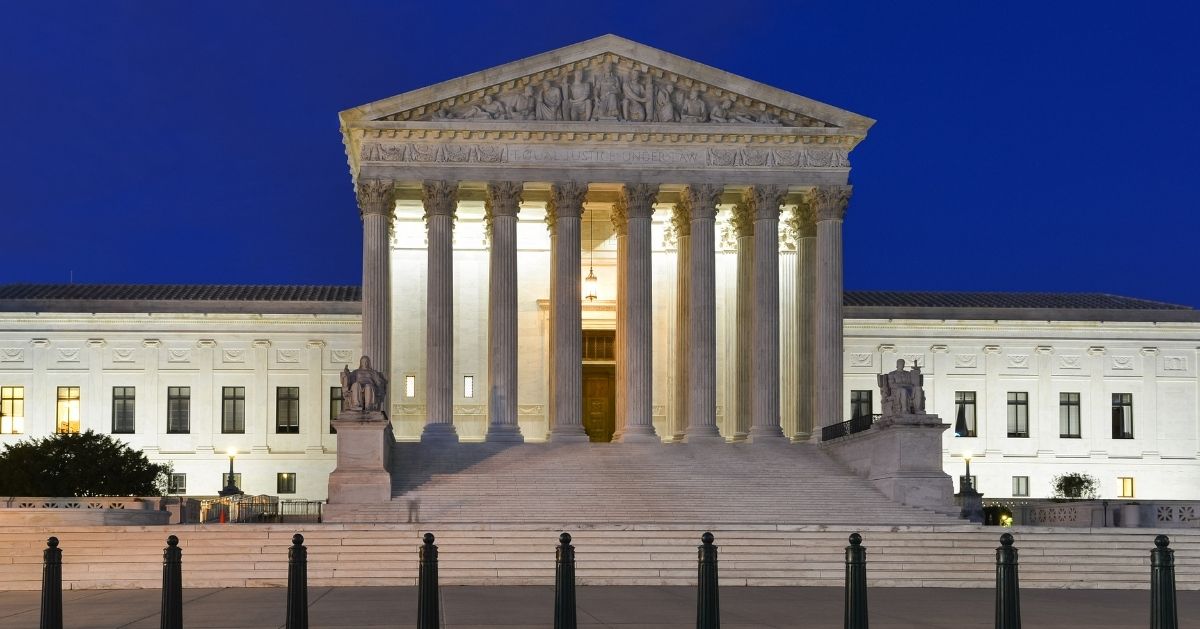A recent court ruling has resulted in a directive for the Trump administration regarding AmeriCorps following a lawsuit involving 24 states and the District of Columbia.
U.S. District Judge Deborah Boardman's decision mandates the reinstatement of funding and employment opportunities, highlighting that the Trump administration likely circumvented federal procedures by not issuing the proper notifications prior to executing significant budget reductions and staff terminations at AmeriCorps, as Fox News reports.
The legal dispute originated from actions taken by the Department of Government Efficiency (DOGE), under the Trump administration, which included placing a large portion of AmeriCorps staff on leave and announcing substantial funding cuts. AmeriCorps, valued for its service-driven mission, was set to lose approximately $400 million in grants, drastically impacting its operations.
In response to these cuts, the states and D.C. filed a lawsuit arguing that the rapid reduction in funds and personnel was not only detrimental but also lacked legal authority. Their position was bolstered by claims that the cuts could inflict irreparable harm on communities reliant on AmeriCorps's service programs.
Judge Boardman's preliminary injunction does not ensure that the jobs will remain indefinitely. However, it does require that any future reductions must comply with appropriate procedures, namely, providing adequate notice to those affected.
This ruling applies exclusively to the states that participated in the lawsuit, reflecting the specific legal standing and grievances put forward in the case.
New York Attorney General Letitia James expressed her support for the judgment, emphasizing the critical contributions of AmeriCorps members in community welfare. "Over 200,000 AmeriCorps staff and volunteers work hard every day to care for our communities," she stated, recognizing the importance of their ongoing efforts.
AmeriCorps, originally established during the Clinton era, plays a crucial role in various community support activities, including responding to natural disasters and aiding vulnerable populations such as seniors and veterans. The program's budget, which was cut from about $1 billion, supports a wide array of community service initiatives.
Pennsylvania Gov. Josh Shapiro also voiced approval of the decision, noting it would assist significantly in community service areas such as disaster response and environmental maintenance.
With this judicial order, many of those who were previously placed on leave are expected to return to their roles, ensuring continuity of service in the affected states. The implications of Judge Boardman's ruling are substantial, underscoring the judiciary's role in balancing governmental efficiency objectives with statutory compliance and community welfare.
Judge Boardman remarked that any potential harm to the defendants was minor compared to the damages inflicted on the states and AmeriCorps programs. This statement highlights the perceived mismatch in the scale of impact on government operations versus community services.
Despite the temporary nature of the injunction, the ruling stands as a notable example of the judiciary's intervention in federal administrative actions, particularly those with immediate detrimental impacts on public programs.
This case emphasizes the necessity for federal administrations to adhere to established procedures before enacting significant policy changes, especially those with widespread social and economic consequences. Future administrations may be more cautious about how they implement cuts to federally supported programs.
In light of the recent ruling, the conversation around administrative transparency, procedural due diligence, and states' rights within federal governance is expected to gain further traction. This legal development represents a pivotal moment not only for AmeriCorps but also for the broader discourse on federal administration policies.
As communities across the states that joined the lawsuit anticipate a reinstatement of services, the broader implications of this courtroom victory continue to unfold, potentially setting a precedent for similar cases in the future.


